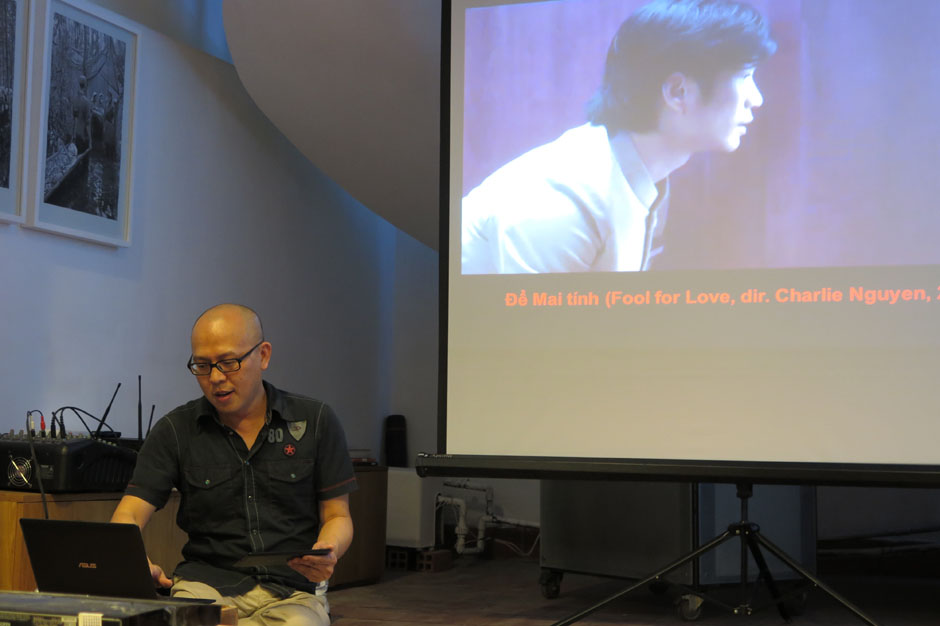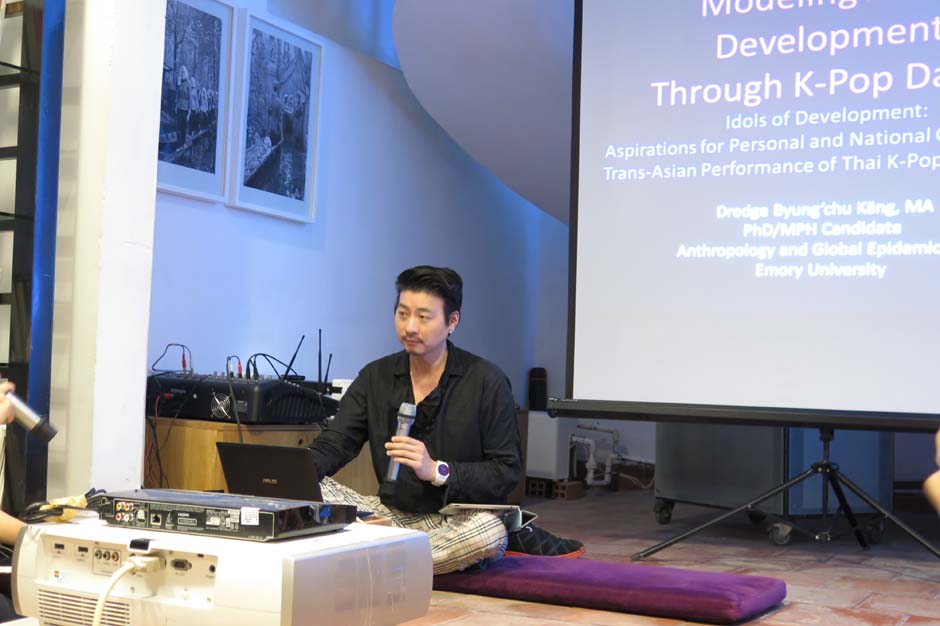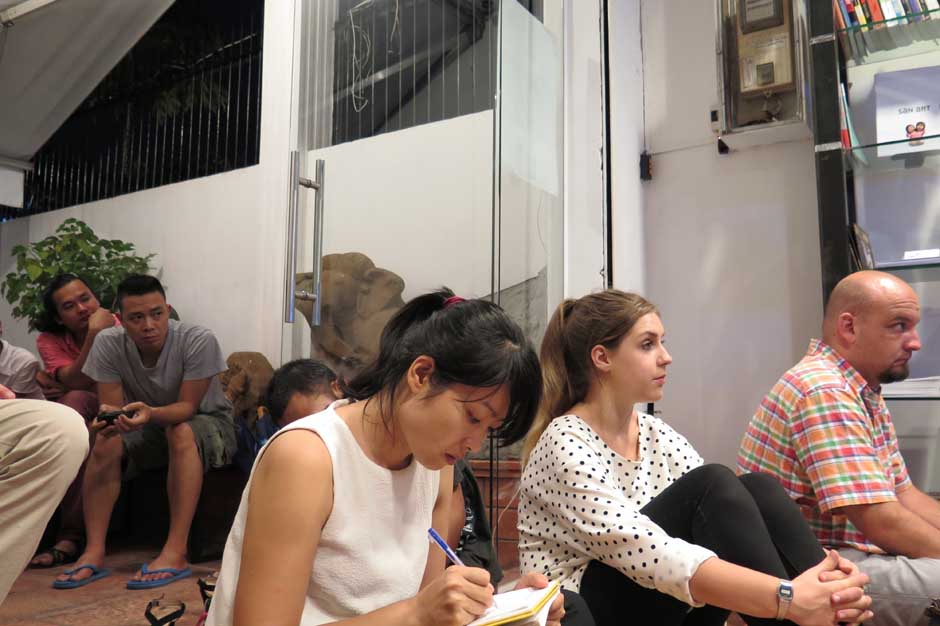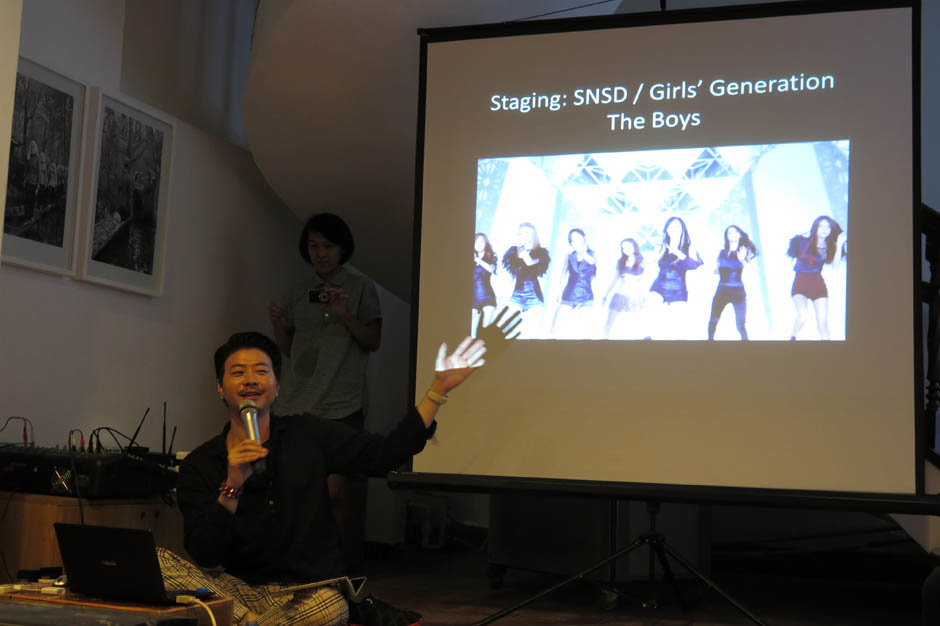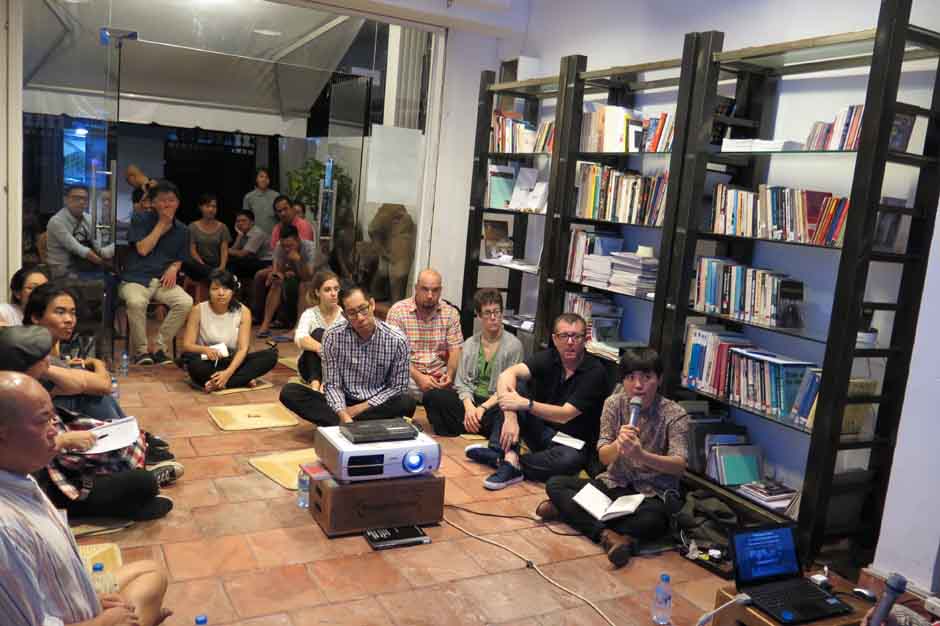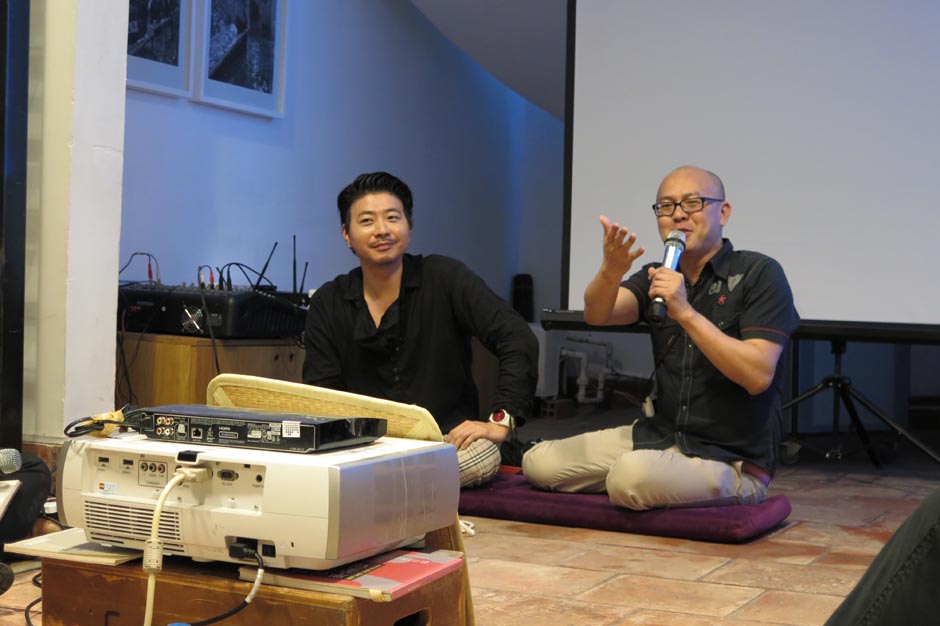Fooled by Love: ViệtKiều Intimacy in Contemporary Vietnamese Cinema
Nguyễn Tân Hoàng will look at the portrayal of returning overseas Vietnamese in Charlie Nguyen’s Vietnamese box office hit, the romantic comedy Để Mai tính (Fool for Love) (2010). The two central Việtkiều characters–Mai, young Vietnamese German aspiring singer-songwriter and Hội, a gay Vietnamese American entrepreneur–are set apart from the locals by their non-normative gender and sexual expressions. She shamelessly asserts her career ambitions, while he puts his effeminate mannerisms to good use in his cosmetic company dealings. Both are representatives of global capitalism’s enticing cosmopolitanism and transnational mobility. However, Mai’s and Hội’s economic interests are compromised by their erotic attachments to Dũng, a working-class heterosexual Vietnamese male. Hoàng names the difficult relationship between Việtkiều and local Vietnamese “Việtkiều intimacy,” a relationship that is marked by qualities of desire and disgust, past and future, public and private, far away and too close.
K-Pop Cover Dance as a Model of Asian Development
For the past five years, K-pop cover dance—the copying of choreographed movements in K-pop music videos—has become a popular social activity among Asian sissies. Cover dance is organized into an extensive contest circuit leading to an annual competition in Korea. Thai sissies cover dances are performed in public spaces such as bars and shopping malls and get circulated extensively on the Internet. Indeed, Thai cover dance groups such as the Wonder Gay have achieved national fame. Dredge describes how cover dance constitutes a new social arena for feminine Thai males to express themselves through the idiom of modern Korean female embodiment. He argues that Thai K-pop cover dance can be read as both an aspiration for personal and national development that represents participation in a new cosmopolitan Asia. The cover dance phenomenon in Thailand highlights recent shifts in Asian regionalism, music fandom, and transgressive gender performance.
— Image credit: Để Mai Tính (Fool for Love) (2010) stills and Thai cover dance groups



